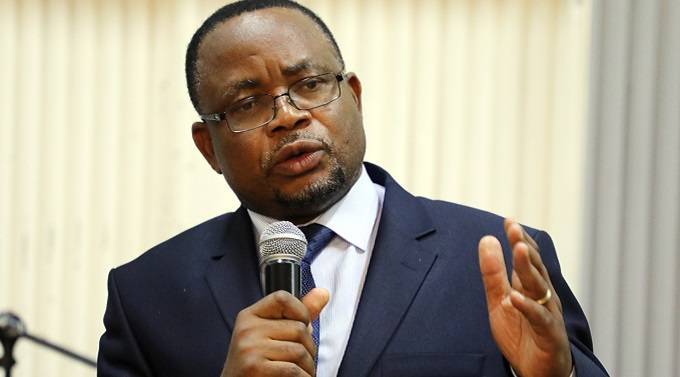Government upgrades satellite schools

Kudzai Chikiwa, Chronicle Reporter
Government has started upgrading satellite schools to formal status so that pupils have an appropriate learning environment, a Cabinet Minister has said.
Speaking in Parliament last week, the Minister of Primary and Secondary Education Professor Paul Mavima said there are about 1 800 satellite schools in the country and Government is upgrading 72 of them.
“The upgrading process is already underway, with 72 schools already being built where there were satellite schools.
“Our thrust as Government is to make sure that we upgrade them to formal status after we have developed these minimum standards. We do not want these schools to remain satellite,” he said.
Prof Mavima was responding to a question posed by Zanu-PF legislator for Zvishavane and Shurugwi Constituency (women’s quota) Cde Colleta Mutambisi on Government’s policy on the registration process for satellite schools.
Prof Mavima said satellite schools are established as an interim measure to make sure that learners in a particular area are provided with a learning place.
He said Government satellite schools are meant to ensure that pupils do not walk long distances to and from schools.
“We believe that quality education comes with convenience and safety of our learners.
“We establish those satellite schools in order to make sure that we are relieving the problem of learners walking long distances,” he said.
Prof Mavima said there are certain standards to be met for a satellite school to be registered into a formal school.
“Typically, it takes about 2×2 classroom blocks, at least one teacher’s cottage, and adequate ablution blocks to make sure that such a school is registered as a formal school.
“This is why I was saying Government is focused on developing these satellite schools to make sure they meet the formal standards in order for them to be registered,” he said.
Prof Mavima said these satellite schools are annexed to an existing registered school in order to bridge the gap of schools shortages in the country.
“We give them a Teacher in Charge (TIC) who is actually a teacher at the parent school and all the teachers are seconded from the parent school and they are supervised by a parent school,” said the Minister. — @tamary98










Comments